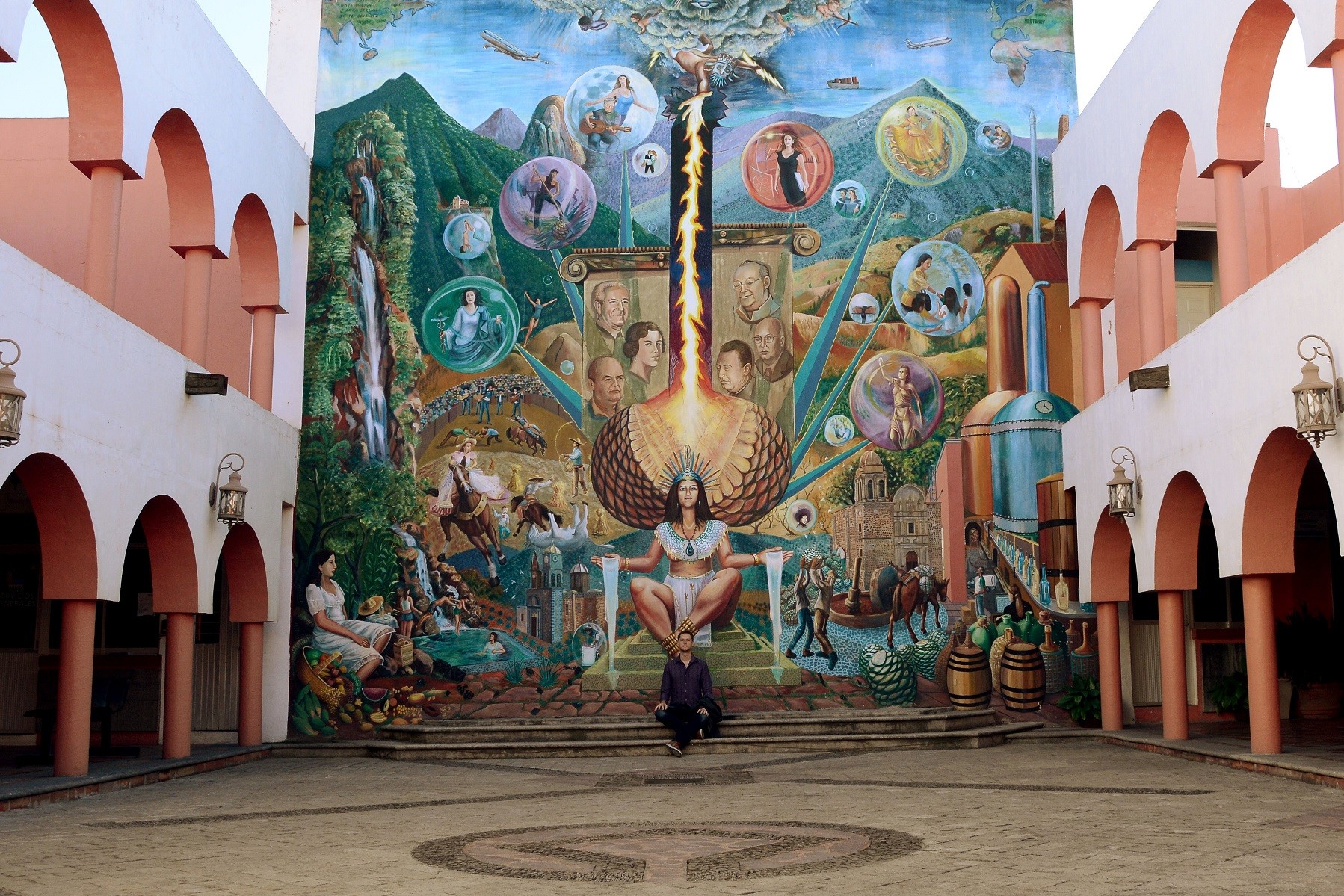The Story: Human connection trumps ideology
If you are passionate about something, it’s normal to speak out about it, and as a consequence, you can find yourself in debates or heated discussions in what would otherwise be polite company. In the worst case scenario, you might even get carried away, start talking over your companions or even calling them names.
In the heat of the moment, defending a humanitarian ideal, you might forget that there are humans right in front of you, with whom you have the opportunity to make a real human connection. The real tragedy is when you allow your political beliefs to interfere with your friendships, sacrificing something real and present for something abstract and distant. It can even tear families apart, and it can even be used deliberately by powerful people to do so – separating Republicans from Democrats, Labor from Liberal, ancoms from ancaps, Venezuelans who wear 7 stars from those who wear 8 stars.
After a bit of travelling, my friend David Robison wrote: “Everyone, and I mean EVERYONE whom I have talked with is willing to have a conversation. Left, right, up, down, doesn’t matter. If you simply approach them and demonstrate basic levels of respect as a human being they will sit with you and share their ideas, thoughts, concerns. All they want is to be UNDERSTOOD. You don’t have to agree, they just want to explain where they’re coming from and they want you to understand it.”
Understanding and being understood are things that are always available to us. Real human connection is always available to us. Feel free to debate, be controversial and contradict. But remember that we all want similar things – to be comfortable, to be understood, to be loved.
The Cash:
If you enjoy our posts, please become a patron on Patreon, or have a look at The Paradise Paradox’s page on Steemit where you can join, earn money, and upvote our posts to help support the show! You can also find a lot of additional content which is not posted on this site, with Kurt’s posts on Steemit.
We really appreciate all of your contributions! Every cent and satoshi we receive lets us know that we’re doing something worthwhile, that you are entertained by our program, and that you’re starting to question what you know more and more. Please be generous. Donate to The Paradise Paradox. Or buy some stuff on Amazon using this link. Or buy some of our great T-shirts here.
The Episode:
Audio PlayerTo download the audio, right click and press “save as”.
Remember to subscribe on iTunes or subscribe on Pocket Casts.
If you enjoyed the episode, don’t keep it a secret! Feel free to share it on Twitter, Tumblr, Facebook, Reddit, or your office bathroom wall.

